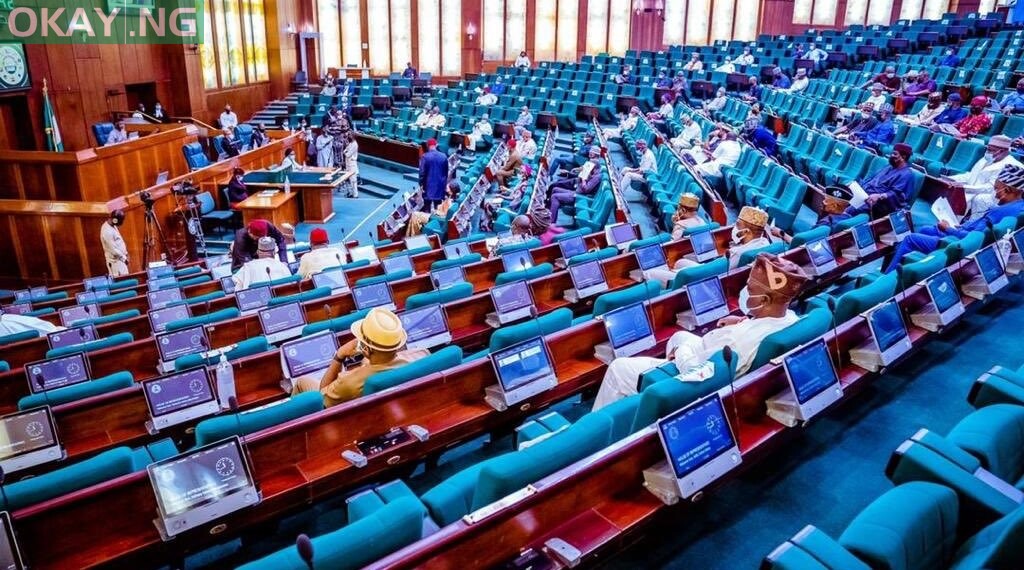The future of local government administration in Nigeria hangs in the balance as the House of Representatives grapples with two sharply contrasting bills. These bills, recently passed for second reading, have ignited a fierce debate among lawmakers, revealing a deep divide over the degree of autonomy that should be granted to Local Government Areas (LGAs).
At the heart of the controversy are two distinct visions for local governance. One bill, championed by Deputy Speaker Benjamin Kalu and others, seeks to strengthen local governments through comprehensive constitutional amendments, aiming to enhance their financial autonomy, administrative efficiency, and transparency. Conversely, a second bill, sponsored by Solomon T. Bob, proposes to eliminate local governments as a constitutionally recognized tier, placing them entirely under state control.
The first bill, formally titled “A Bill for an Act to Alter the Constitution of the Federal Republic of Nigeria, 1999 to Review the Framework for Local Government Administration, Establish a Robust Legal Regime to Strengthen Administrative Efficiency, Promote Transparency, Accountability, and Deepen Democratic Practices at the Local Government Level and for Related Matters (HB. 2121),” aims to amend Section 7 of the Constitution. This amendment would mandate democratically elected local governments, preventing the use of caretaker committees and fostering greater accountability at the grassroots level.
Conversely, the second bill, “A Bill for an Act to Alter the Constitution of the Federal Republic of Nigeria, 1999 to Remove Local Government as a Tier of Government Constitutionally Recognised and Funded by the Federal Government and to Vest Their Creation, Funding in the State Governments and for Related Matters (HB. 1215),” suggests a radical shift. If passed, states would gain complete control over the creation, funding, and administration of local governments, effectively removing their constitutional backing and federal funding.
This legislative standoff occurs against the backdrop of a significant Supreme Court ruling that reaffirmed the financial autonomy of local governments, as stipulated in Section 162(3) of the 1999 Constitution. This ruling mandates the allocation of funds from the Federation Account to local governments, alongside federal and state governments.
Mike Ozokheme, a Senior Advocate of Nigeria, highlighted the persistent issue of state governors undermining constitutional provisions. “Section 7 of the 1999 Constitution guarantees democratically elected local governments with full autonomy, but administratively and financially, state governors have persistently undermined this,” he stated. Ozokheme emphasized the need to sever local governments from the financial control of state governments to ensure true federalism and grassroots development.
“The National Assembly must do it in such a way that the local governments are finally removed and cut off root and branch from the income streams of state governors and state governments. That is the only way to have development and that is the only way we can say we are practicing true federalism in a multi-religious, multi-ethnic and pluralistic society of delegated forces,” Ozokheme explained.
He further pointed out the critical role of local governments in addressing the immediate needs of communities. “Local governments are the closest to the people. They know when roads are impassable, when maternity clinics lack facilities, or when communities are drinking from contaminated water sources. Yet, state governments, which are far removed from these realities, often hijack funds meant for them,” he added.
Ozokheme praised the Supreme Court’s 2024 ruling, which ties federal allocations to the existence of democratically elected local governments, as a crucial step in preventing the arbitrary appointment of caretaker committees. Legal and political analysts echo his sentiments, stressing that financial and administrative independence is vital for grassroots development and democratic governance.
As the House of Representatives navigates this complex issue, the outcome will significantly impact the future of local governance in Nigeria, determining whether LGAs will become truly autonomous entities or remain under the control of state governments.













